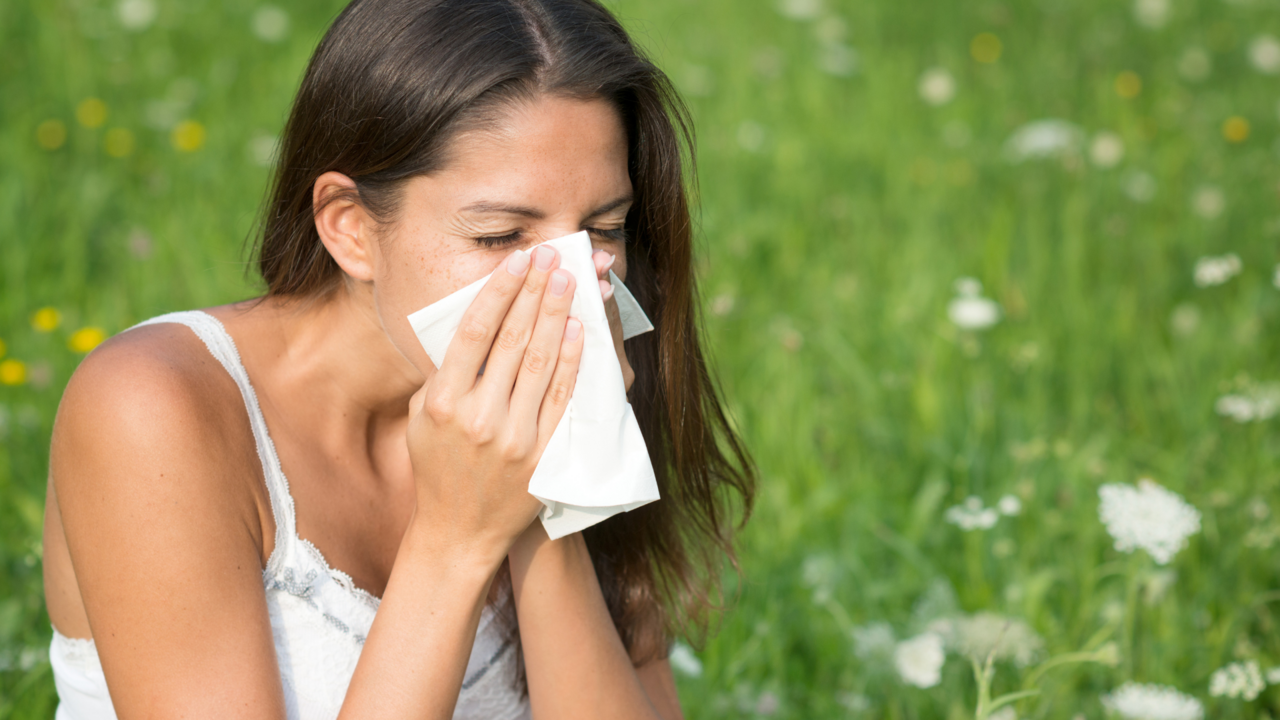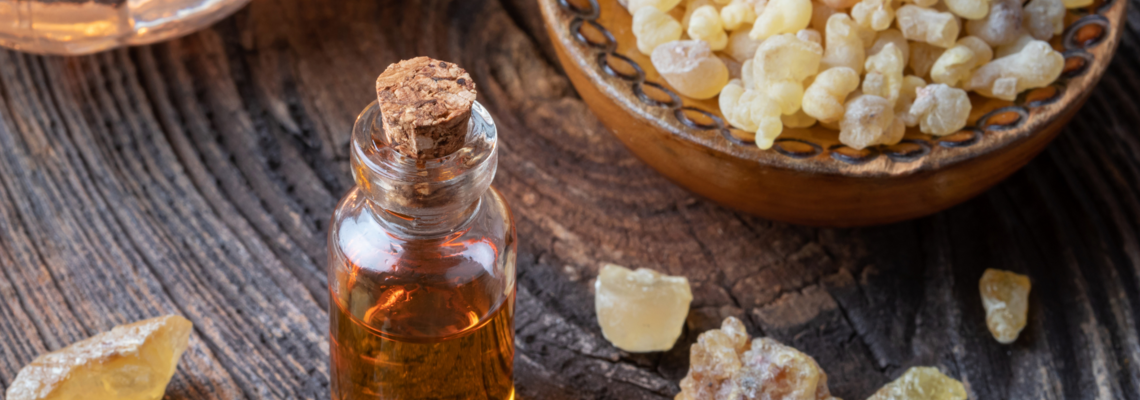
What essential oil helps with allergies? We'll tell you!
Do you suffer from seasonal allergies and don’t know what essential oil to use to help? We’ll tell you! What essential oil helps with allergies? There are several essential oils that can provide relief for allergy sufferers. In this blog post, we will discuss the best essential oils for reducing allergy symptoms such as sneezing, coughing, and a runny nose. Keep reading to find out which essential oil is best for you.
The benefits of using essential oils for allergies
Using essential oils for allergies can provide natural relief from the symptoms of allergies. Essential oils are plant-based extracts with healing properties, and many have anti-inflammatory and decongestant qualities that can help reduce allergy symptoms. Additionally, an allergy essential oil blend can help soothe itchy and watery eyes, clear a stuffed-up nose, reduce sneezing, and calm an irritated throat. When used correctly, essential oils for allergies may be able to provide temporary relief from allergies without the side effects of traditional medications.
How to use essential oils for allergies
Using essential oils for allergies is a great way to help alleviate symptoms and improve your quality of life. Essential oils contain active compounds that can provide relief from symptoms such as sneezing, coughing, and watery eyes. Essential oils are natural, so they are safe and non-toxic when used correctly.
When using essential oils for allergies, you can use them in several different ways. One of the most popular methods is aromatherapy. Simply place a few drops of an essential oil onto a cotton ball and place it near your nose while you relax. Inhaling the aroma of the essential oil helps to clear the nasal passage and reduce inflammation.
Another way to use essential oils for allergies is to create a topical allergy essential oil blend. For this method, you’ll need a carrier oil such as coconut or almond oil. To make the blend, mix 15 drops of an essential oil for allergies with 1 ounce of carrier oil. You can then apply the mixture topically to the area that needs relief, such as your neck or chest.
Finally, you can also add a few drops of an essential oil for allergies to your bathwater or a humidifier to get relief from symptoms. Be sure to avoid contact with your eyes and mucous membranes when using essential oils for allergies.
If you’re considering using essential oils for allergies, it’s important to remember to see a doctor first before trying any new remedies.

The best essential oils for allergies
When it comes to allergies, essential oils can be a great natural remedy. Essential oils can help reduce the symptoms of seasonal allergies, including sneezing, runny nose, congestion, and itchy eyes. The best essential oils for allergies include eucalyptus, lavender, peppermint, lemon, and tea tree oil.
Eucalyptus is known to reduce inflammation and act as a decongestant when used in an allergy essential oil blend. Lavender has anti-inflammatory properties that can help relieve congestion. Peppermint is a great way to reduce nasal congestion and combat allergy symptoms.
Lemon is a great source of antioxidants and helps reduce the histamine response that causes allergy symptoms. Finally, tea tree oil has anti-allergenic properties and helps to reduce inflammation in the respiratory system.
When using essential oils for allergies, it's important to use them correctly and safely. Be sure to use high-quality therapeutic grade essential oils and dilute them with a carrier oil, such as coconut or olive oil. Always do a patch test on your skin to make sure you don't have an allergic reaction. You can also create your own allergy-relief blend by combining two or three of these essential oils with a carrier oil and apply it to your chest or wrists.
It's always important to consult with your doctor before trying any new treatments for allergies. Essential oils can be a great addition to your arsenal of natural remedies for allergies, but should not be used as a substitute for traditional medical care.
How to make your own allergy-relief blend
Making your custom allergy-relief blend is a great way to manage your seasonal allergies. You’ll want to make sure you use the best essential oils for allergies, as well as use the correct ratio of essential oils in your blend. Here are some tips on making an effective allergy essential oil blend.
When choosing essential oils for allergies, look for ones that contain properties known to reduce inflammation and congestion. These include lavender, eucalyptus, peppermint, tea tree, lemon, and rosemary essential oils.
Once you have your essential oils selected, you can create your own custom blend using a carrier oil such as almond, coconut, or jojoba oil. A good ratio to follow is 20 drops of essential oil per ounce of carrier oil.
When creating your blend, consider the following combinations:
• 10 drops lavender and 10 drops peppermint
• 8 drops lemon and 12 drops eucalyptus
• 10 drops lavender, 5 drops peppermint, and 5 drops eucalyptus
To use your blend, simply apply it topically to the chest and/or temples, or diffuse it into the air. Additionally, you can also add a few drops of your blend to a hot bath for extra relief from congestion.
It's important to note that although essential oils can help manage allergies, they cannot replace any medications prescribed by your doctor. Be sure to see a physician before beginning any treatment with essential oils for allergies.
I wish you relief from your allergies
Allergies can be a difficult thing to manage, but there are some natural remedies that may help. Essential oils have been used for centuries to provide relief from many ailments, including allergies. A simple blend of allergy essential oils applied topically or diffused can provide some relief.
Enjoy your own allergy-relief blend and the benefits of these essential oils. When using essential oils, it's important to follow safety guidelines to ensure they're being used properly. Be sure to talk to your doctor before using essential oils as a remedy for your allergies.
I hope this information is useful and wish you relief from your allergies!
Comments
No Comments




